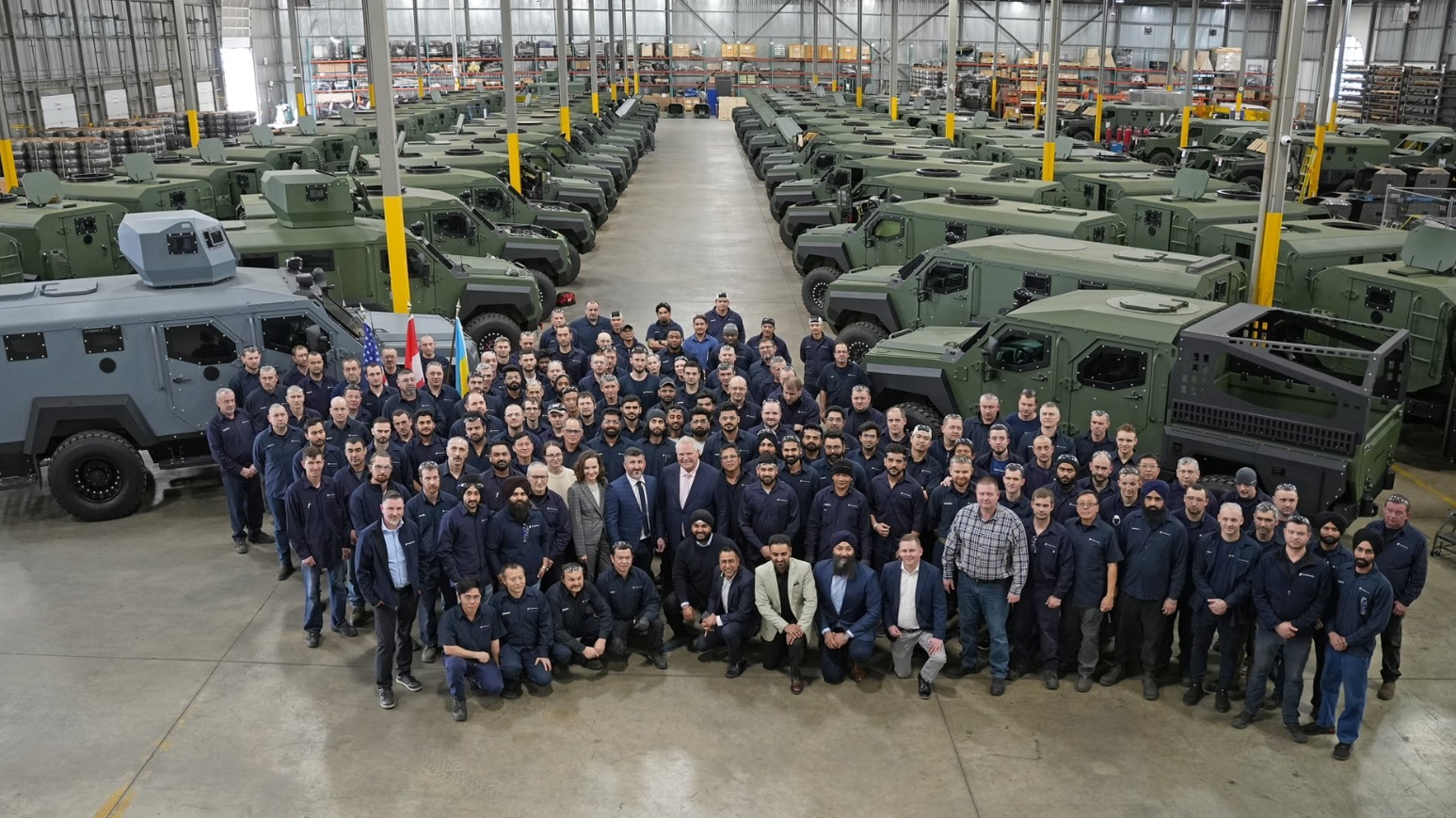Vehicles always had massive recalls, and always had lots of failures. We hear about them more now because instead of Toyota owners getting a letter, and a one day TV news item, it's on the internet and fed to you by an algorithm that determined that people in your demographic like engage with those stories.
There are lots of newer engines and transmission that run for more than 100K miles before having issues. Honda has dropped not just because they aren't quite as good as they used to be, but because everybody else (except Stelantis) is catching up. Hyundai and Kia make better vehicles now than Ford and GM did in the late 90s-early 00s.
People love to claim that cars were "better" back in the day, but it doesn't align with reality. What cars did better back in the day was hide their faults until something blew up. Today's the cars tell you something is wrong before it blows up, so you can fix it.
Also, as
@KevinB highlighted, vehicles today tell you exactly what is wrong and what to fix. You don't have to hope your mechanic/Veh Tech is a savant.







